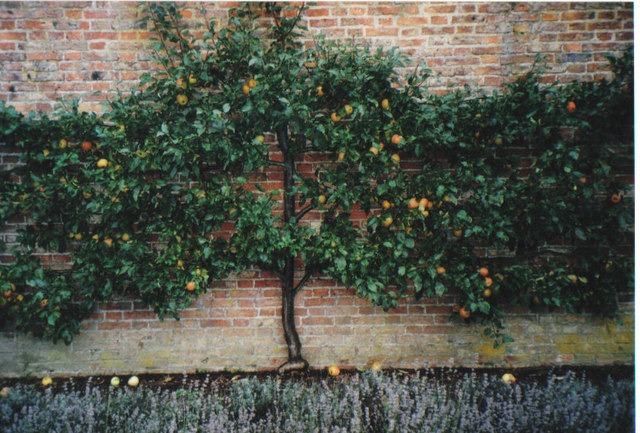by Lois Tverberg
“When you lay siege and battle against a city for a long time in order to capture it, you must not destroy (lo tashchit) its trees, wielding an ax against them. You may eat of them, but you must not cut them down. Are the trees of the field people, that you should besiege them?” Deuteronomy 20:19
You might assume that the Bible has nothing to say about caring for the environment, but surprisingly, the Torah contains a law about this very thing. In the verse above, God forbade the destruction of the fruit trees outside of cities that were under siege by the Israelites during war. It was common practice during wartime to destroy the land – to chop down the trees and poison the fields by sowing them with salt. God expressly forbade this kind of wanton destruction and declared that the trees were “innocent bystanders” who should not be victims of the war.
The rabbis looked at how this scripture can continue to teach us, and concluded that if God forbade the destruction of the environment in the dire situation of war, he must certainly must oppose it during peacetime. They reasoned that modifying the land to build useful things is fine, but needless destruction is wrong. They also concluded that the reason destroying fruit trees was forbidden was because God gave the trees to provide food, and when we destroy any useful thing, we insult God’s gracious care for us. To them, the words “do not destroy,” bal tashchit (bahl-tahsh-KEET) should teach us not to waste any useful thing:
Whoever breaks vessels, or tears garments, or destroys a building, or clogs a well, or does away with food in a destructive manner violates the commandment against bal tashchit. (Talmud, Kiddushin 32a, written about 500 AD)
Because of this interpretation of Deuteronomy 20:19, there has been an ethic of conservation and avoidance of waste in Judaism for thousands of years. They see this as an act of reverence for God. One 18th century rabbi, Sampson Hirsch said that when we preserve the world around us, we show that we believe that God owns all and is above all. But when we needlessly destroy, we are showing our self-centerness and lack of regard for the gifts and will of God. Waste and excess therefore come from self-idolatry.1
Western Christians tend to see our material possessions as entirely ours for use or disposal as we see fit. What if we regarded all our possessions as gifts from God? Would we be wasteful and throw away useable things? Would we instead try to give them to someone else who needs them? What we do with our gifts shows how we see the One who gave them to us.
1From http://www.coejl.org/learn/je_tashchit.html.
For more reading, see these links:
Judaism-and-Environmentalism: Bal-Tashchit
Summoning the Will Not to Waste
Photo: Carol Walker


